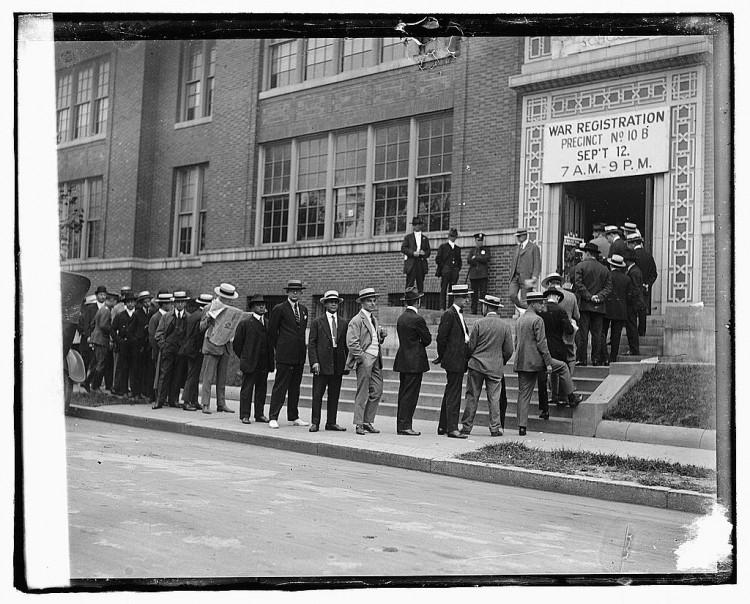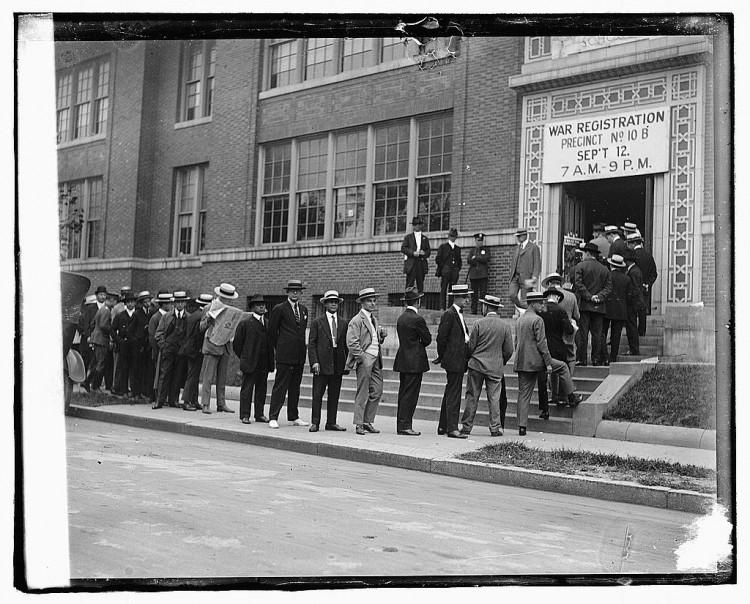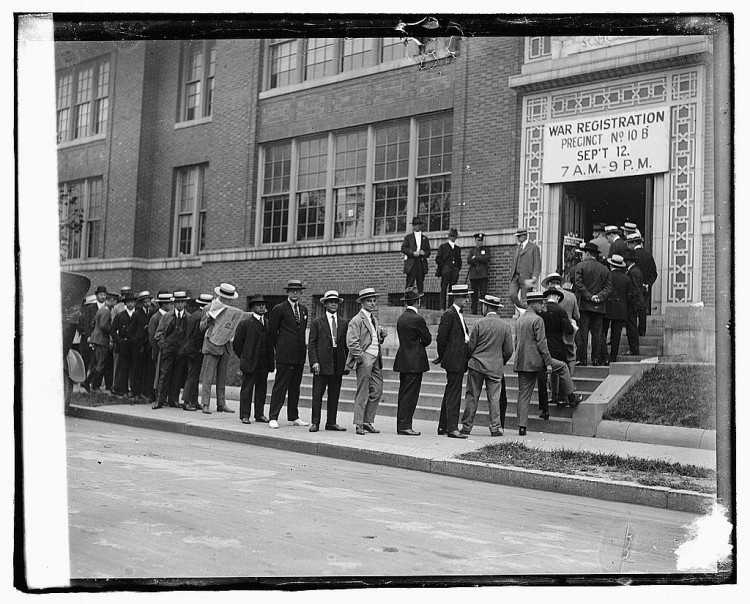The recent move by Secretary of Defense Leon E. Panetta to allow women to take combat positions has raised the issues of whether women will be required to register with the Selective Service System (SSS), and calling into question the relevance of the SSS today.
Currently, women are not being required to register with the SSS. A statement released Jan. 24 on the agency’s website reads, “Even though the Secretary of Defense has decided to allow women in combat jobs, the law has not been changed to include this. Consequently, only men are currently required to register by law with Selective Service during ages 18 thru 25. Women still do not register.”
Recently, the need for the SSS has been called into question. Legislation now before the House seeks to dissolve the SSS, claiming it is an unnecessary expense in this tight fiscal climate. H.R. 621, the National Emergency Selective Service Act of 2011 was brought by Reps. Peter DeFazio (D-Orag.) and Rep. Mike Coffman (R-Col.)
The FY2012 budget for the SSS was $24 million. The agency employs 130 full-time staff and 232 part-time positions, according to their website. The possibility that women may be required to register in the future would only increase the costs.
Historically, the SSS was created to enable the army to conscript soldiers when the need arose. Conscription, popularly called “the draft,” was replaced by an All Volunteer Force (AVF) in 1973 in the wake of the Vietnam war. Since the end of the draft, the need for the SSS has been challenged many times.
Critics have said that, given the success of the volunteer force, the SSS has outlived its usefulness. Agency director Lawrence Romo, as well as The American Legion and Veterans of Foreign Wars, have come to the defense of the SSS, insisting that the cost is nominal when compared with the overall defense budget.
According to their website, the agency’s stated goal is “to provide trained and untrained personnel to the [Department of Defense] in the event of a national emergency.”
According to an American Legion resolution, the SSS is “a visible symbol of national resolve to America’s potential adversaries, this small Agency is the only time-proven means of mobilizing America’s manpower for a significant crisis in a timely, orderly manner.”
The Selective Service Act of 1917 established the SSS under the office of the Provost Marshal General in an effort to temporarily build U.S. military strength leading into World War I. President Franklin Roosevelt established the SSS as an independent federal agency and created the country’s first peacetime draft with the Selective Training and Service Act of 1940.
During the Vietnam War the draft became unpopular with the American people. It was widely criticized as being unjust because regulations allowed men to delay or avoid being drafted if they were making progress toward an academic degree. Many felt that this unfairly benefited the upper classes, which could afford to attend college.
In 1971, the lottery regulations were changed to eliminate this bias, yet today’s volunteer force has also been criticized for being composed of a disproportionate number of low-income and minority individuals.






